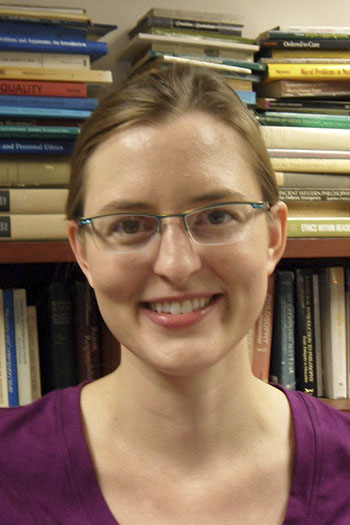Jaime Ahlberg, “Disability as Difference: Implications for Educational Justice”
 With a view toward educational justice, Jaime Ahlberg considers how conceptions of disability shape social policy, in order to help scholars, policy makers, and educators to think broadly about reform beyond special education in U.S. educational systems.
With a view toward educational justice, Jaime Ahlberg considers how conceptions of disability shape social policy, in order to help scholars, policy makers, and educators to think broadly about reform beyond special education in U.S. educational systems.
Ahlberg explores four models of thinking about disability: 1) the “Medical,” 2) the “Social,” 3) the “Cultural,” and 4) the “Critical Realist.” Ahlberg favors the latter model because it enables consideration of how biology, built environment, individual experiences, psychology, and sociocultural factors are all be relevant to the presence and nature of disability. She further argues that the critical realist model suggests that disability is characteristically a matter of “mere difference” rather than “bad difference”. Encouraging researchers and educators to see disability in this way, and to privilege the reflective accounts of people with disabilities, opens new directions for thinking about disability in educational policy and practice.
With this justice-oriented stance toward educational policy for students with disabilities, Ahlberg hopes to both encourage a dissolution of the hard distinction between ‘special’ and ‘general’ education, and to provide the conceptual tools necessary for policy makers and educators to better understand the educational rights of all students.